Model: Месингова лента
..
0,00 лв. (0,00€)
Ex Tax:0,00 лв. (0,00€)
Model: MESVT1000
Due to the relatively low price and the resistance of brass to various aggressive environments, brass bushings are widely used in all types of transport, hydroelectric power, mining. Copper-zinc alloy brass bushings are used in working units and mechanisms to reduce the frictional force as a consuma..
0,00 лв. (0,00€)
Ex Tax:0,00 лв. (0,00€)
Model: MESKR1000
Brass circle in the form of a profiled metal rod with a circular cross-section of deformed or lithium copper-containing alloys ( brass ). The area of application of solid profile is of different scale and flexibility thanks to its excellent strength and lithium characteristics: • as blanks in the pr..
0,00 лв. (0,00€)
Ex Tax:0,00 лв. (0,00€)
Model: MESSH100
Brass hexagon - is the ideal material for the production of various types of small objects that are widely used in modern industry. The brass hexagon is an ideal solution for the production of fasteners in the production of high-tech devices, tools and mechanisms. Brass hexagons have good physical ..
0,00 лв. (0,00€)
Ex Tax:0,00 лв. (0,00€)
Model: MESTR1000
The brass tube is made of an alloy, the main element of which is copper, also lead, manganese, iron and nickel are included in the composition. The type of brass tube is round shape with thin walls, designed for special heat exchange equipment for general purpose, there are capillary, wave, rectang..
0,00 лв. (0,00€)
Ex Tax:0,00 лв. (0,00€)
Model: Месингова шина 4 x 30 x 3000 mm
Brass rails are profiles made of brass that are used in various applications. These rails are known for their high corrosion resistance and thermal stability, making them a preferred choice in many industries.Brass rails find applications in electrical systems where they are used for transmitting el..
0,00 лв. (0,00€)
Ex Tax:0,00 лв. (0,00€)
Model: Месингов прът 8.5мм
Brass Rods with demensions:Lenght - 3 metersDiameter - 8.5..
19,80 лв. (10,12€)
Ex Tax:19,80 лв. (10,12€)
Model: MESPR1000
You can buy brass rods in Bulgaria at Smart Metal Group Ltd. and Eco Smart Invest Ltd. We offer a wide range of brass rods with excellent quality at an attractive price. Brass rods are corrosion resistant , elastic and wear resistant . In addition, brass rods easily lend themselves to various types..
0,00 лв. (0,00€)
Ex Tax:0,00 лв. (0,00€)Showing 1 to 8 of 8 (1 Pages)

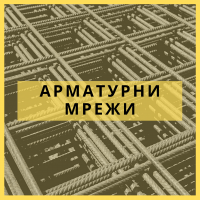
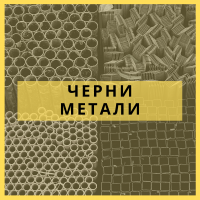

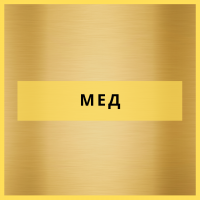
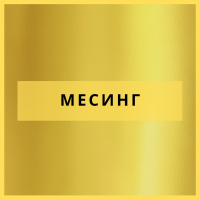



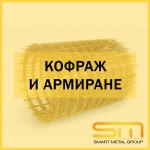

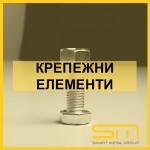
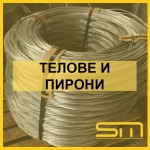
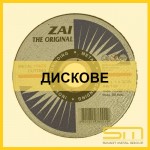
-150x150.png)

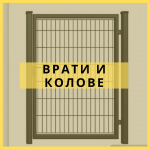
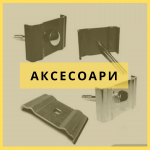
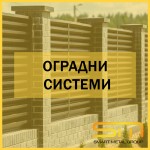
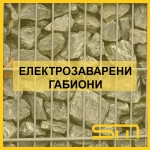

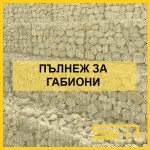


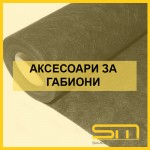
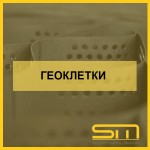
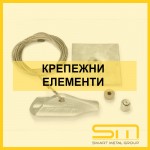
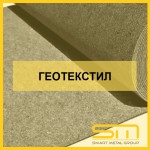
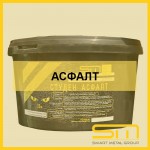
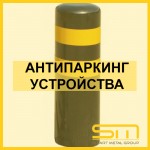


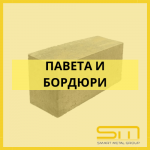

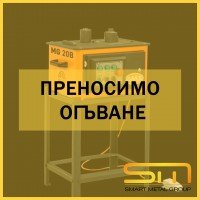
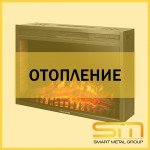
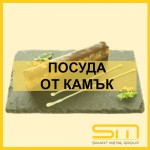
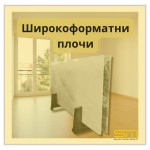
-150x150.jpg)
-150x150.jpg)
-150x150.jpg)



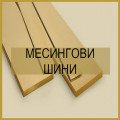




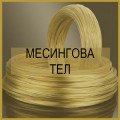
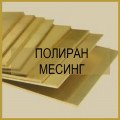
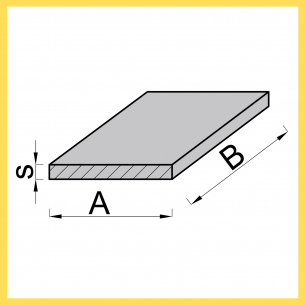
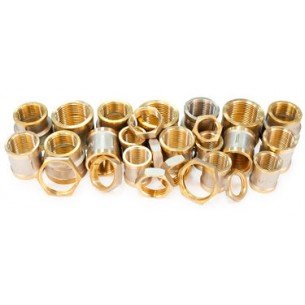
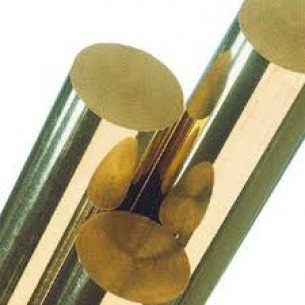
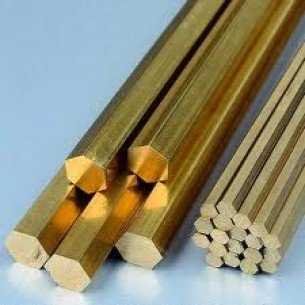
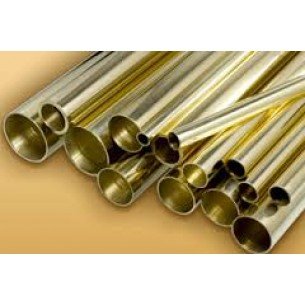
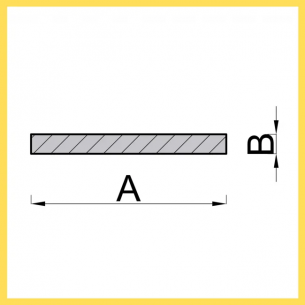
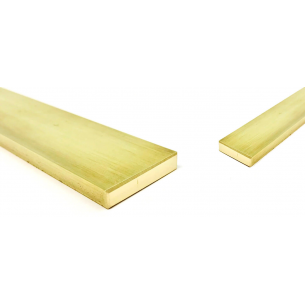
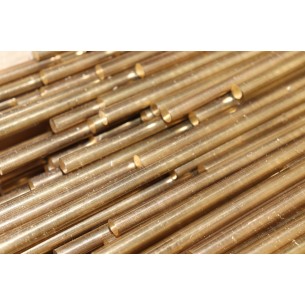
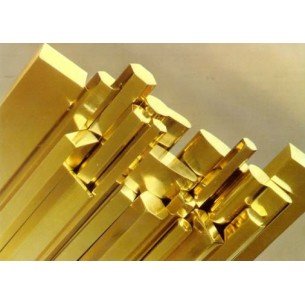

.jpg) Advantages of brass.
Advantages of brass.